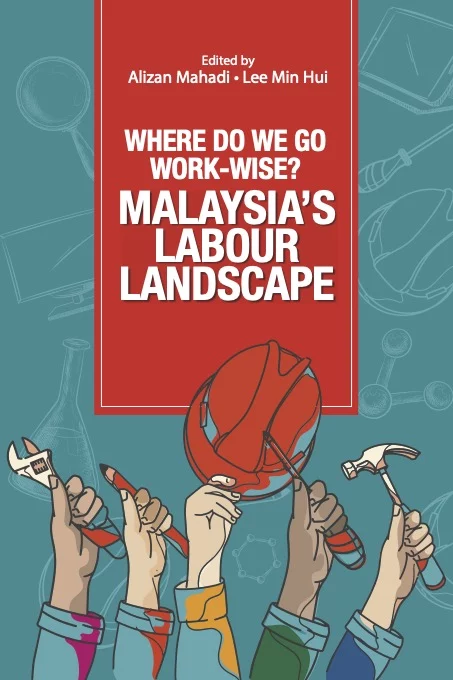When Covid-19 first struck, large swathes of jobs and workers reeled from the impact of the economic and health shocks that trailed in its wake. In the process, it also accelerated the path towards the future of work – now a portent of disruptions looming on the horizon. But like all disruptions in the past, not all jobs were equally impacted, with certain forms of employment, skills and sectors left at a bigger disadvantage than others.
In this regard, labour intensity, level of skills and informality¹ were the key factors that shaped the extent to which workers were affected. Like the rest of the world, Malaysia’s most vulnerable workers were left exposed to the worst of the pandemic, suffering the brunt of both job losses and health hazards, which deepened socioeconomic inequality. Yet, the inequality of the Covid-19 crisis highlights the need for a re-evaluation of how our labour markets work and raises the question of how we can develop a fairer world of work.
Even as we return to “normality”, revisiting the lessons of Covid-19 is far from superfluous. The pandemic profoundly reshaped the ways we live, work and learn – necessitating new strategies to navigate the labour market challenges of tomorrow. The future of work will require careful understanding of the new contours of the labour market and how workers, employers, policymakers and governments play a role in the reshaping.
This book aims to capture that spirit by charting both an analytical overview of the Covid-19 disruptions and outlining the path ahead. By bringing together experts from both local and international research organisations, these chapters represent multi-disciplinary approaches to provide an overarching narrative on the labour market for the endemic era. Written in October 2022, this book aims to provide nuanced analyses of the pandemic’s disruptions and crucial lessons learned for the future of work.
Contents
01. Introduction
by Alizan Mahadi & Lee Min Hui
02. Decent work, wage growth as national objective
by Lee Hwok-Aun & Kevin Zhang
03. Post-Covid-19 recovery and quest for ‘good jobs’
by Calvin Cheng
04. The changing nature of work: an overview of informal employment in Malaysia
by Amanina Abdur Rahman & Alyssa Farha Jasmin
05. Centring women’s work and care at core of recovery
by Lee Min Hui & Sofea Azahar
06. Prepping the nation for skills-based hiring
by Nurul Izzati Kamrulbahri & Mohd Ikhwan Abdullah
07. Putting environment and climate action at heart of job creation and security
by Ahmad Afandi & Darshan Joshi





